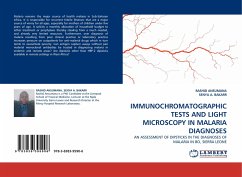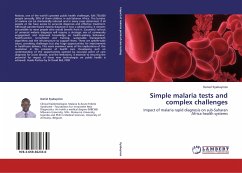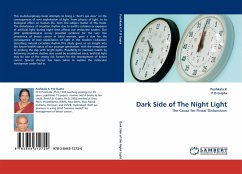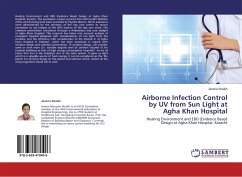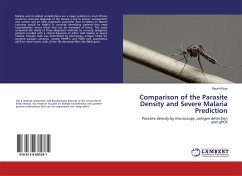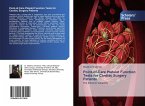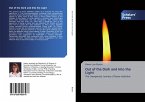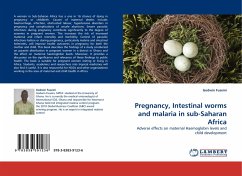Malaria remains the major source of health malaise in Sub-Saharan Africa. It is responsible for recurrent febrile illnesses that are a major source of worry for all ages, especially for mothers of children under five years of age. It solicits a monthly allocation of household budget to either treatment or prophylaxis thereby stealing from a much needed, and already very limited resources. Furthermore, over diagnosis of malaria resulting from poor clinical practice or laboratory practice increases pressure on outpatients for anti-malarial drugs which in turn tends to exacerbate poverty. Can antigen capture assays without pan malarial monoclonal antibodies be trusted in diagnosing malaria in endemic and remote areas? Are dipsticks other than HRP-2 dipsticks available in remote settings in West Africa?

